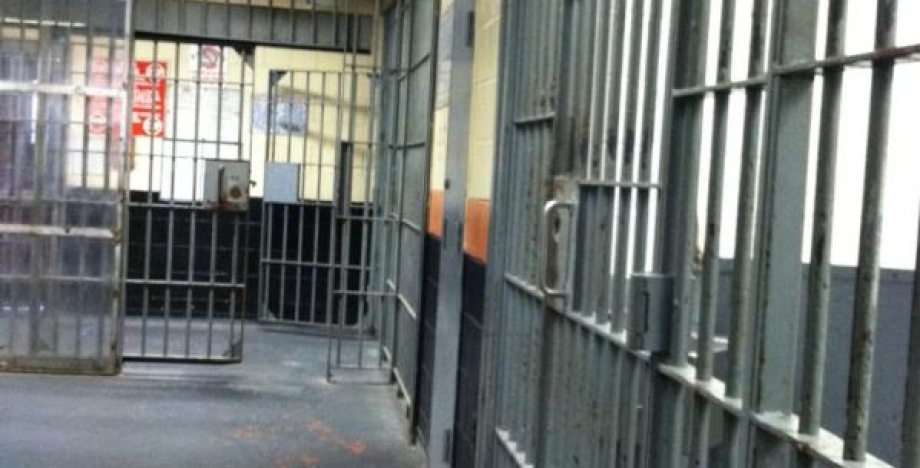
In a rare move for the bitterly partisan House, Republicans and Democrats have come together to propose major legislation that would reduce prison sentences for some nonviolent drug offenders.
The House bill comes just a week after a bipartisan coalition of senators introduced a similar bill to give judges the discretion to give sentences that are less than federal mandatory minimums. While the House bill is not as broad as the Senate legislation, the two bills may foreshadow some of the most sweeping changes to sentencing guidelines in decades.
Conservative Republicans and liberal Democrats on the House Judiciary Committee planned to announce the legislation at a news conference Thursday. Supporters include House Judiciary Committee Chairman Robert Goodlatte, R-Va., Michigan Rep. John Conyers, who is the panel’s top Democrat, and Texas Democratic Rep. Sheila Jackson-Lee.
Like the Senate bill, the House legislation would eliminate mandatory life sentences for three-time, nonviolent offenders, reducing those mandatory minimum sentences to 25 years. It would apply those sentencing reductions retroactively, except for offenders who have prior serious violent felony convictions that resulted in a prison sentence of greater than 13 months.
The House legislation will deal only with sentencing reform, but Goodlatte and Conyers said in a joint statement they plan to introduce additional bills soon on other criminal justice issues, including prison and re-entry reform and youth and juvenile justice issues. They did not offer specifics on those bills.
The legislation comes as about 6,000 federal inmates serving sentences for drug crimes are set for early release next month under a cost-cutting measure intended to reduce the nation’s prison population. The releases scheduled for November are among the first of what could eventually be tens of thousands of eligible releases. The U.S. Sentencing Commission voted last year to retroactively apply substantially lower recommended sentences for those convicted of drug-related felonies.
It also comes as disparate voices – from President Barack Obama and the ACLU to the conservative Koch Industries – agree the current system is broken. At the same time, national attention has focused on how police and the criminal justice system treat minorities after several high-profile deaths of black men at the hands of police in Missouri, Maryland, New York and elsewhere.
In July, Obama became the first president to visit a federal prison while in office. He called for changes in the criminal justice system, saying a distinction had to be made between young people doing “stupid things” and violent criminals. He praised the Senate bill after it was introduced and challenged Congress to “put a meaningful criminal justice reform bill on my desk before the end of this year.”
Since 1980, the federal prison population has exploded, in part because of mandatory minimum sentences for nonviolent drug offenders. In 1980, the federal prison population was less than 25,000. Today, it is more than 200,000.


